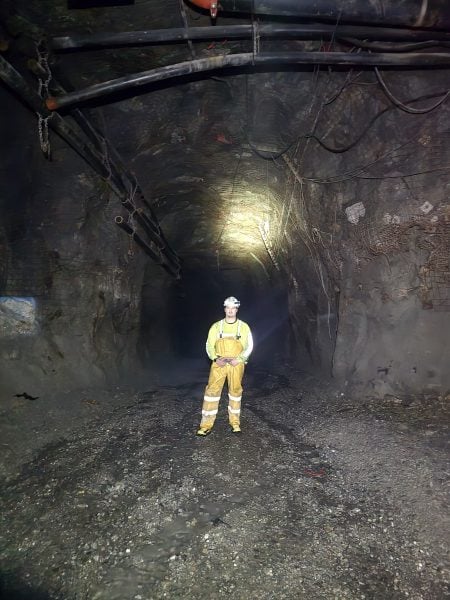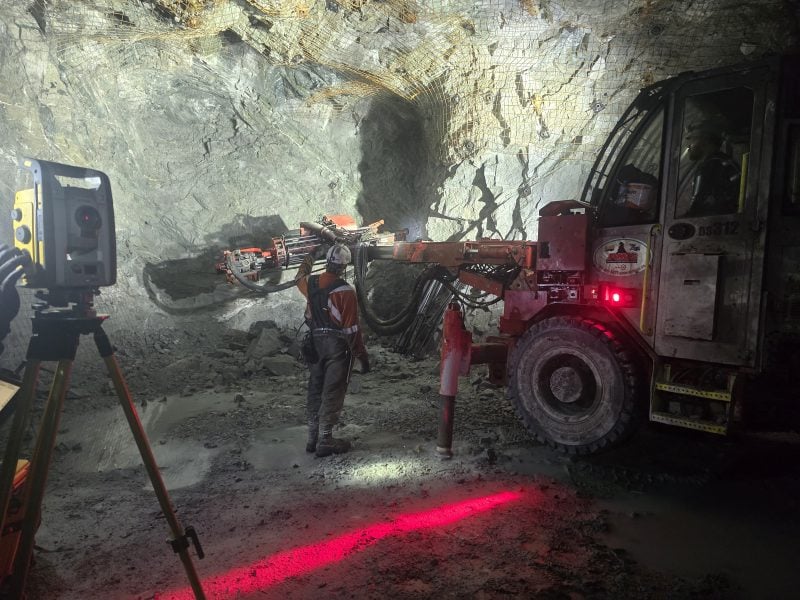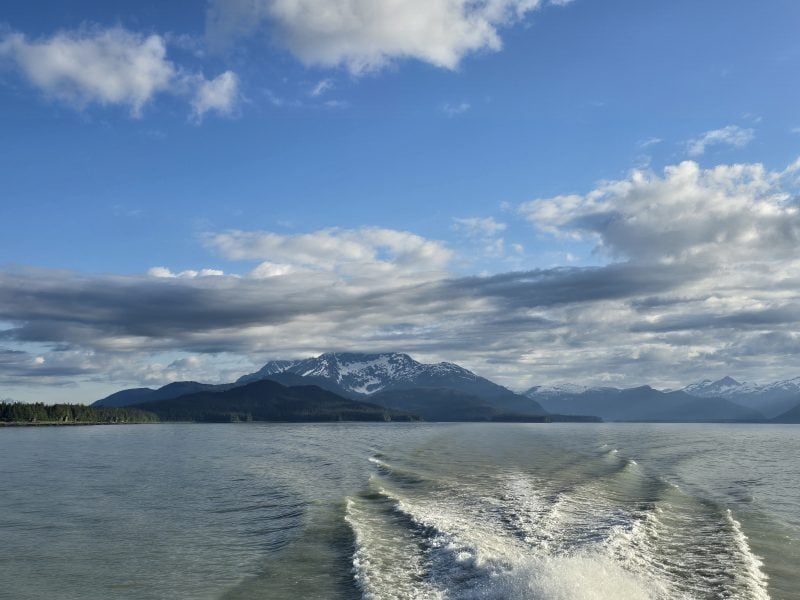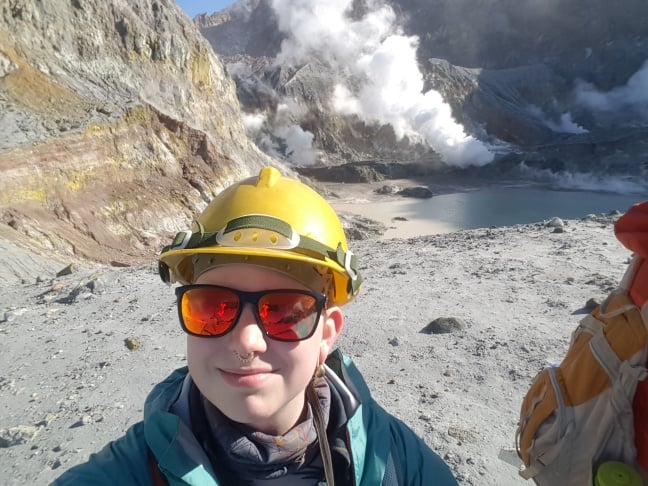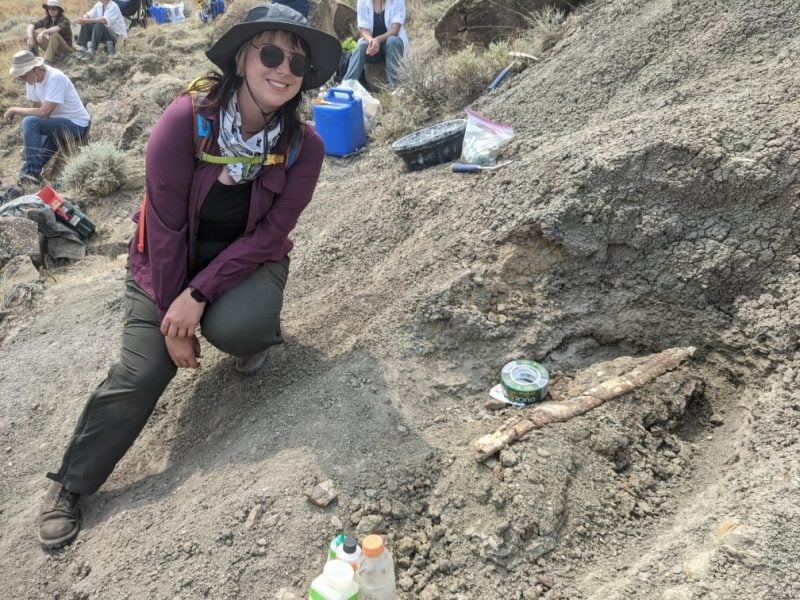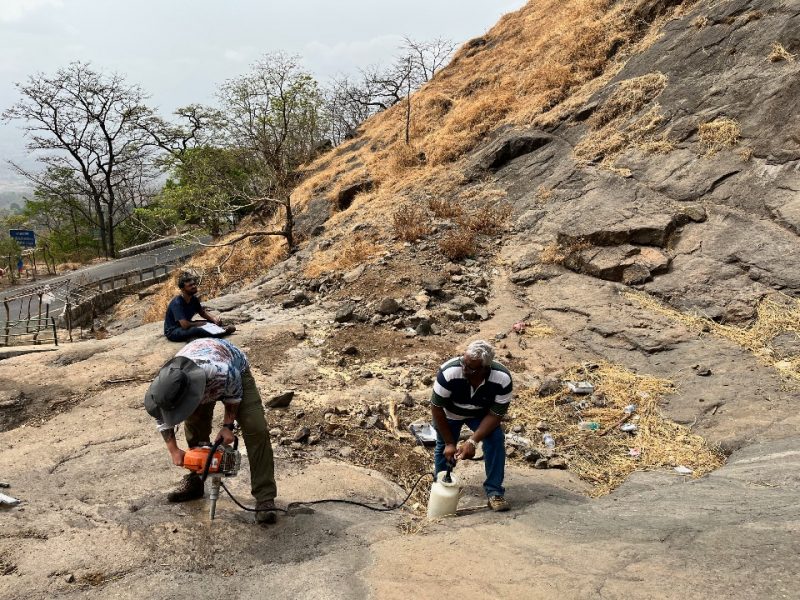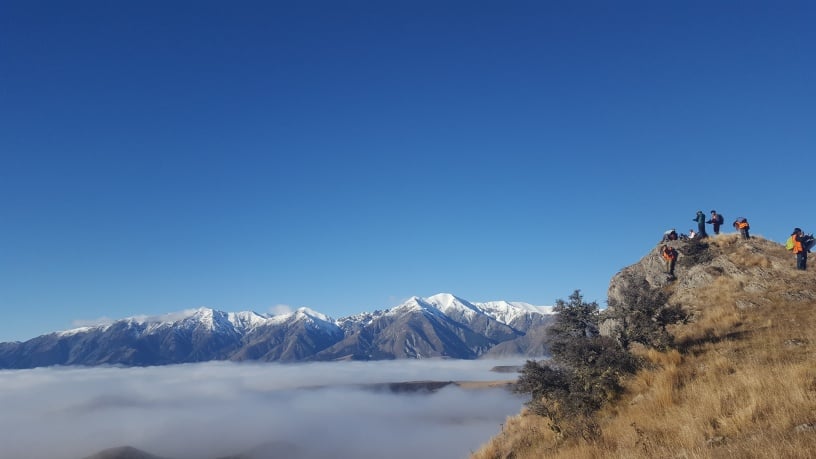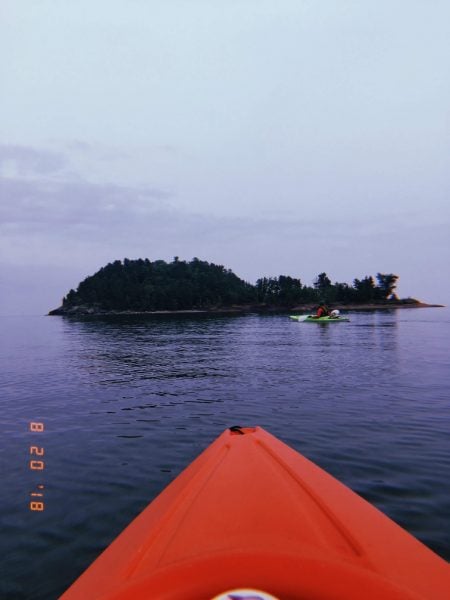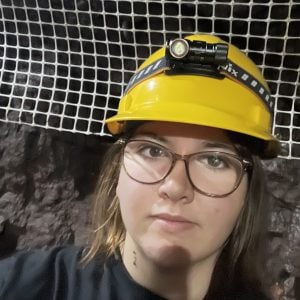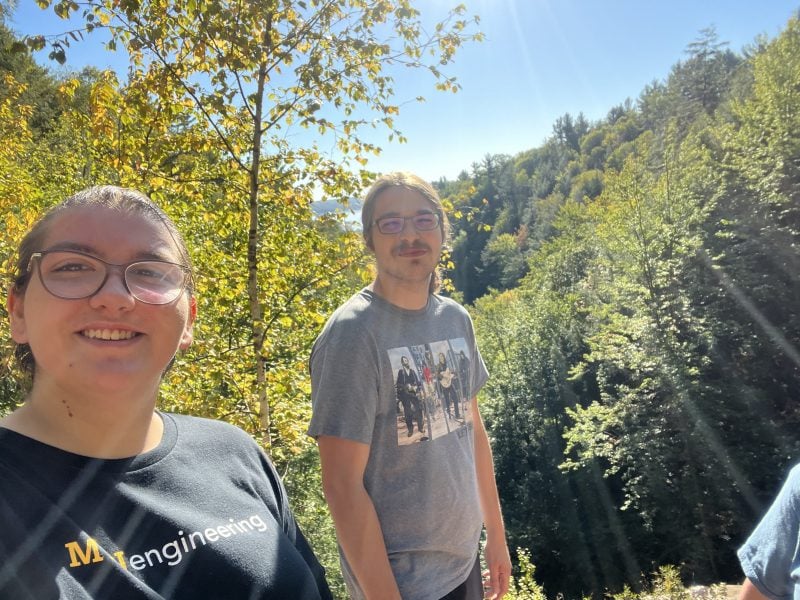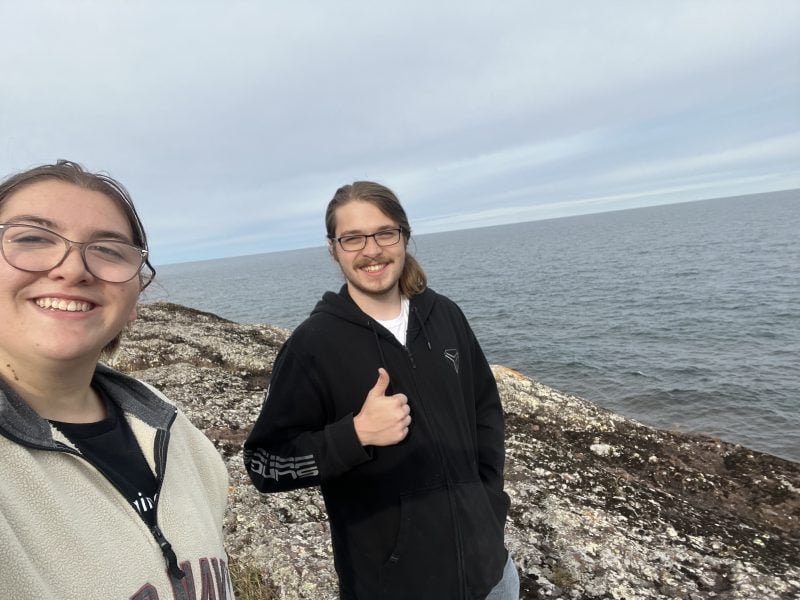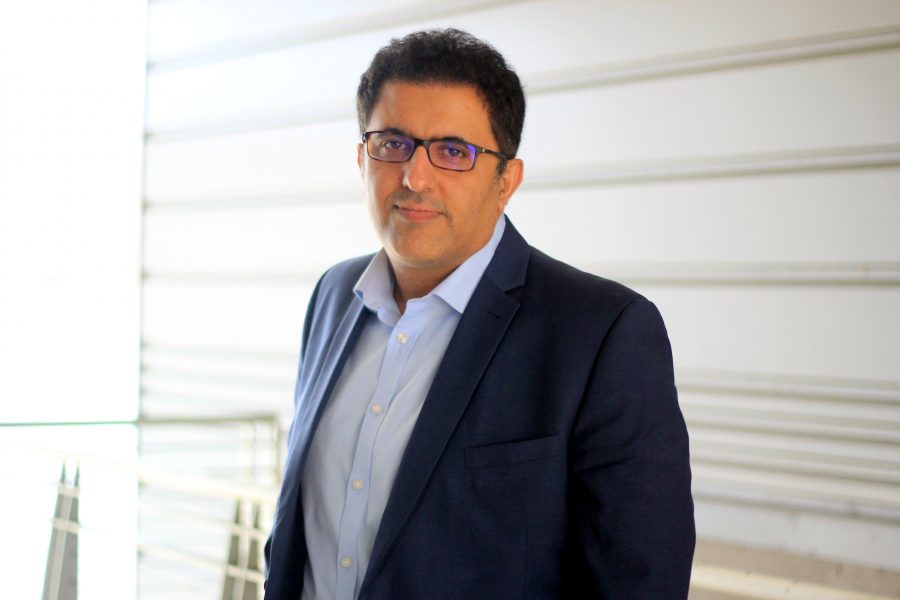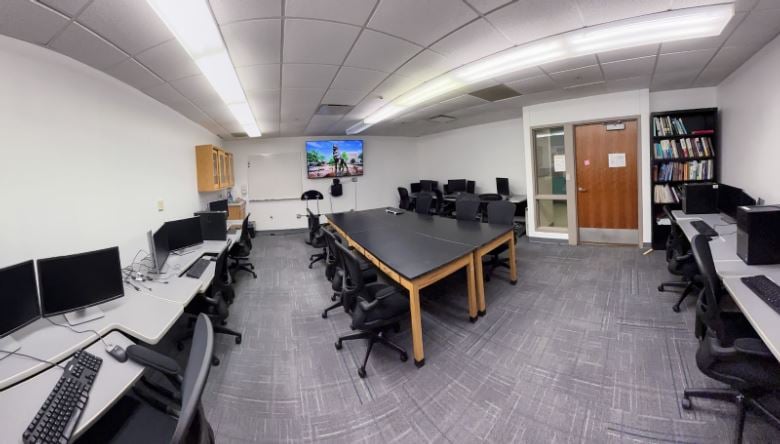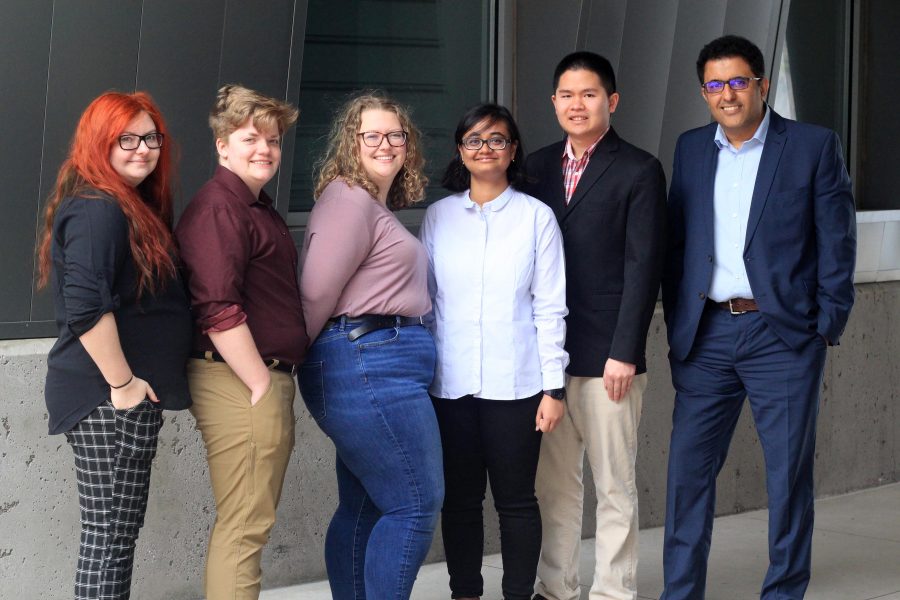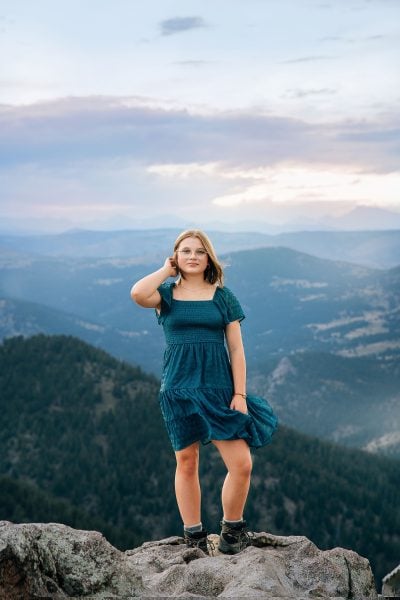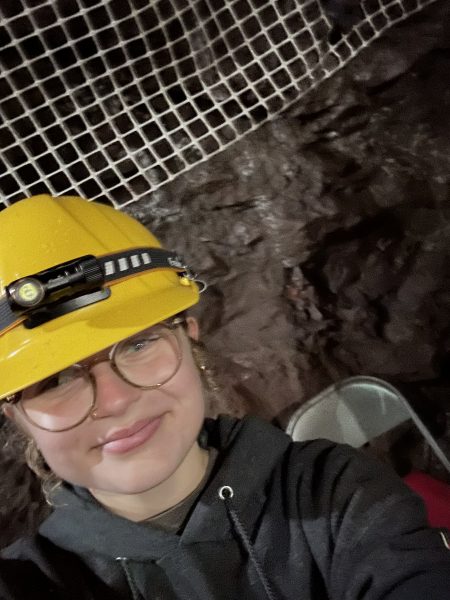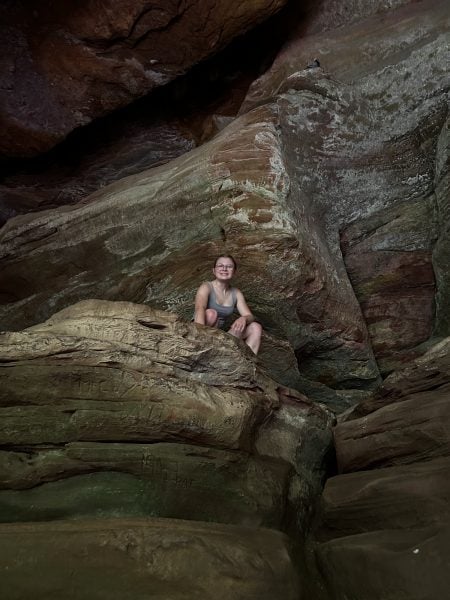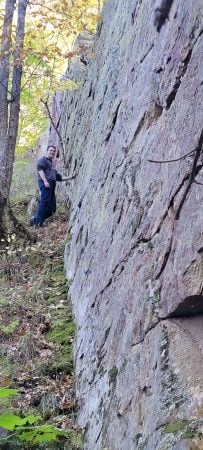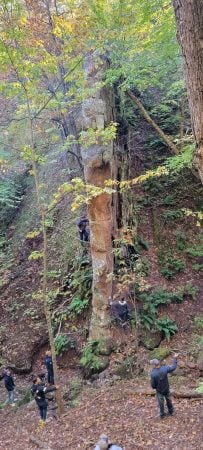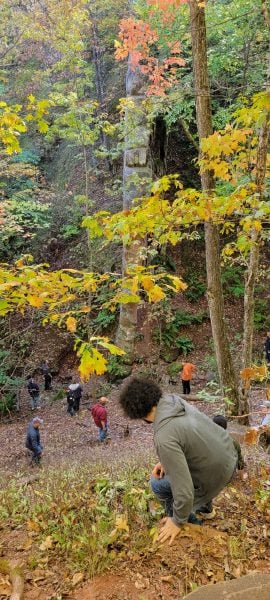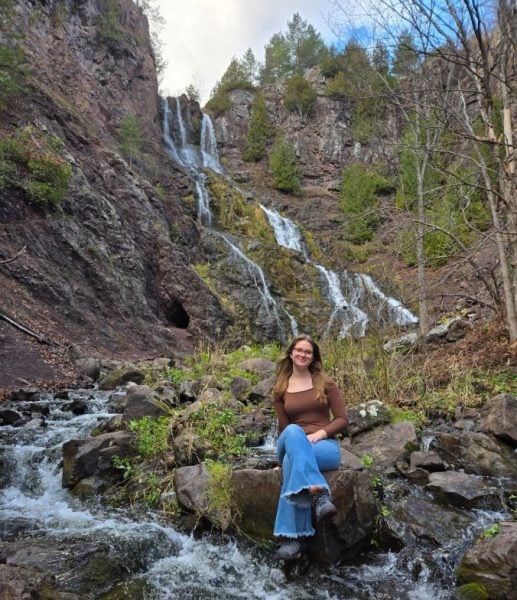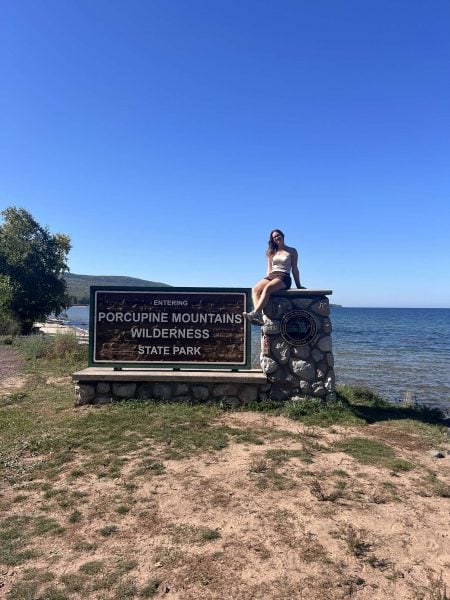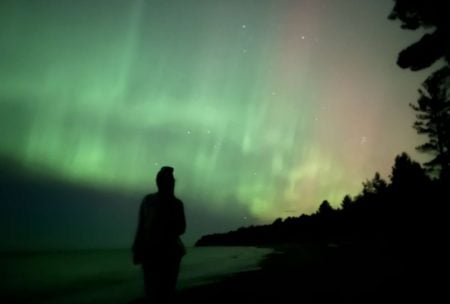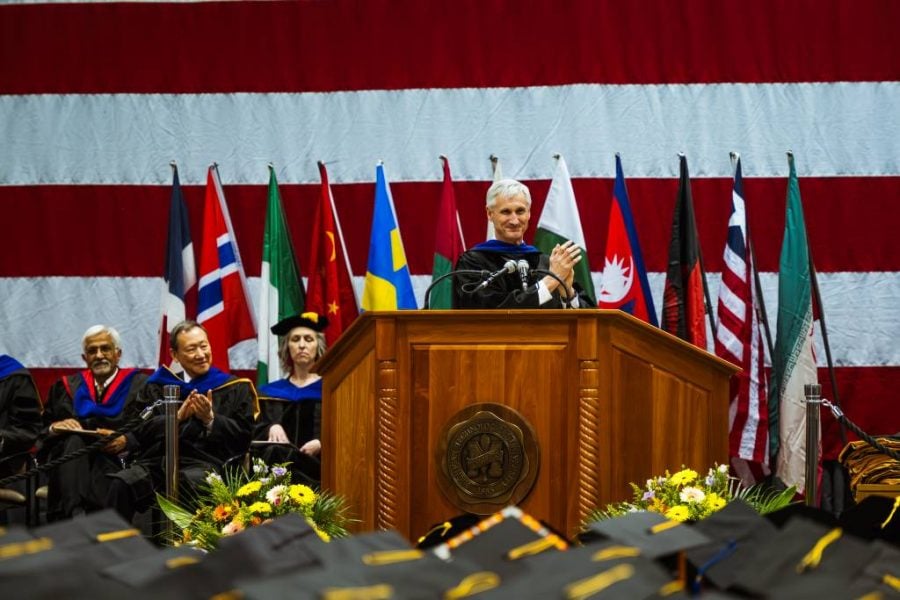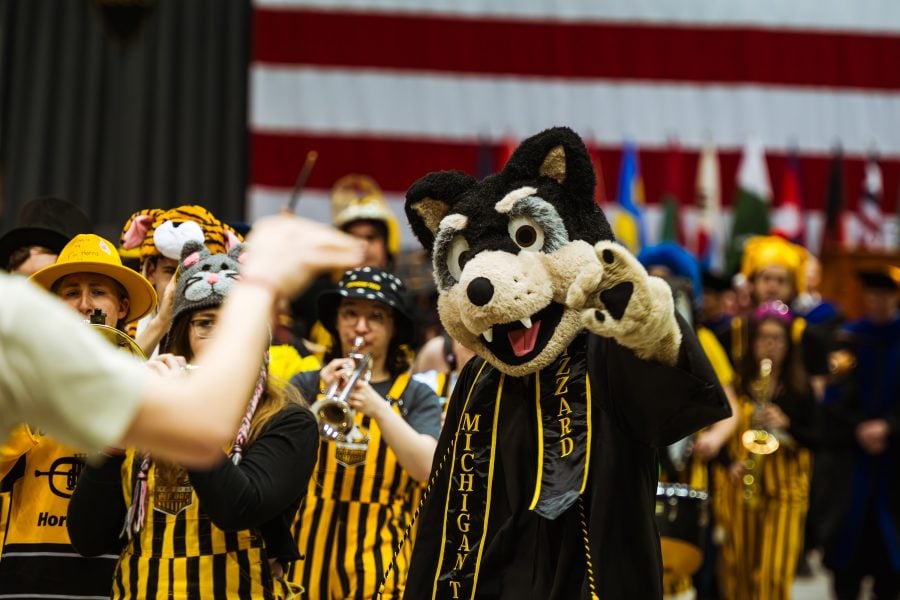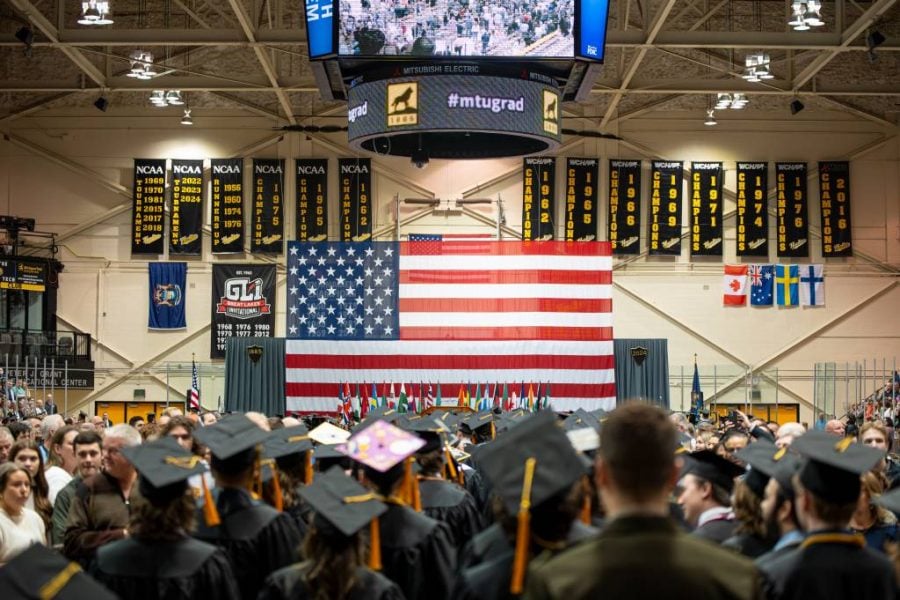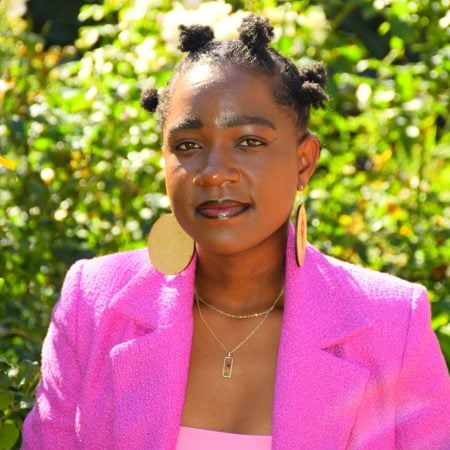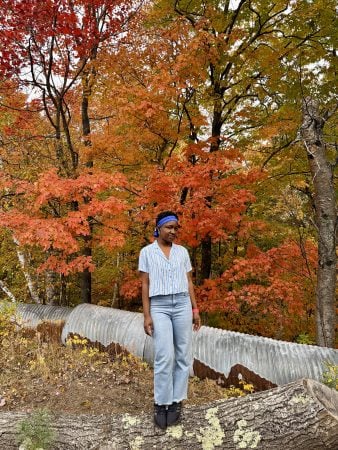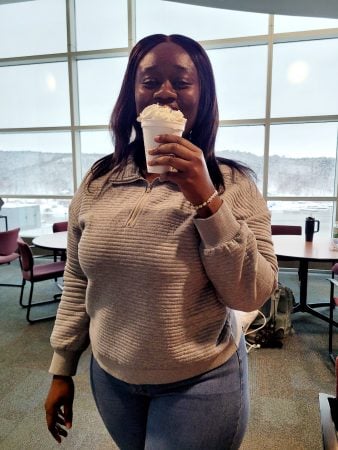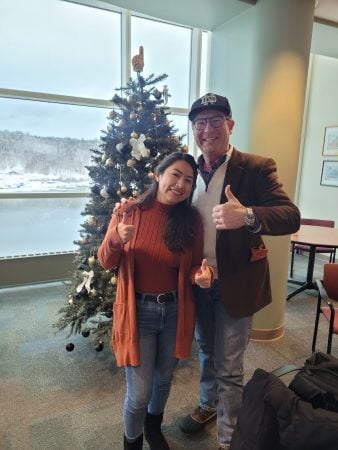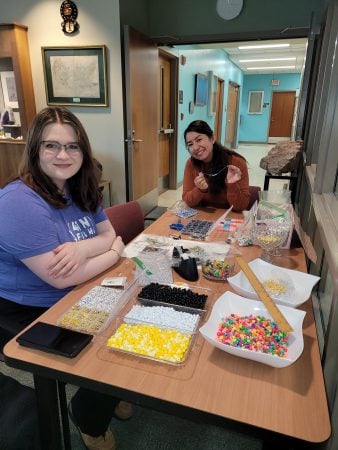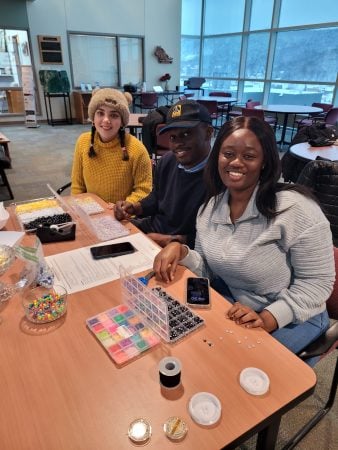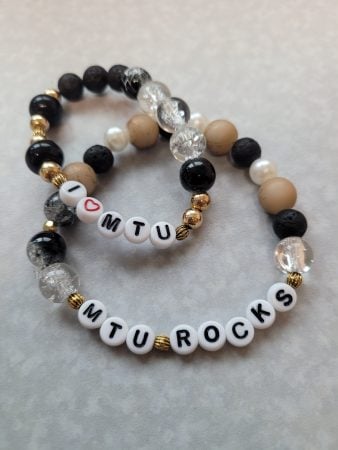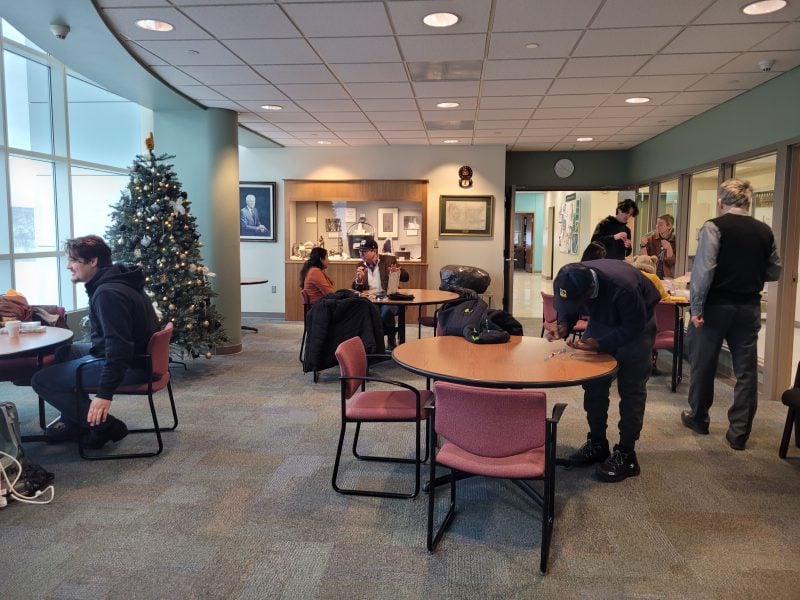Aiden Harmon, B.S. Mining Engineering 2025
Hometown: Marquette, Michigan
Aiden Harmon interned at Alaska’s Kensington Mine, focusing on short-range planning and backfill engineering. Read more to learn how the industry’s teamwork impressed Aiden and how he turned a summer in Alaska into a smart financial move.
Q: Where did you intern?
A: Kensington Mine Coeur, Alaska.
Q: When did you intern?
A: 2024.
Q: What were your key responsibilities during your internship?
A: Short Range Planning and backfill engineering.
Q: What surprised you most about working in the industry?
A: The amount of help colleagues were willing to give and how connected the industry was from mine to mine.
Q: Did your internship give you a better understanding of any specific processes or technology?
A: It gave me a better understanding of underground drill, blast, muck, and haul scheduling.
Q: Did you participate in any projects related to sustainability or critical mineral extraction?
A: No.
Aiden showed off his drilling skills when he competed in Alaska’s mining games last summer. Check out the footage! https://drive.google.com/file/d/1is78Jw3Sd2S3rXkuIaHRd8LGv7vAV0aU/view
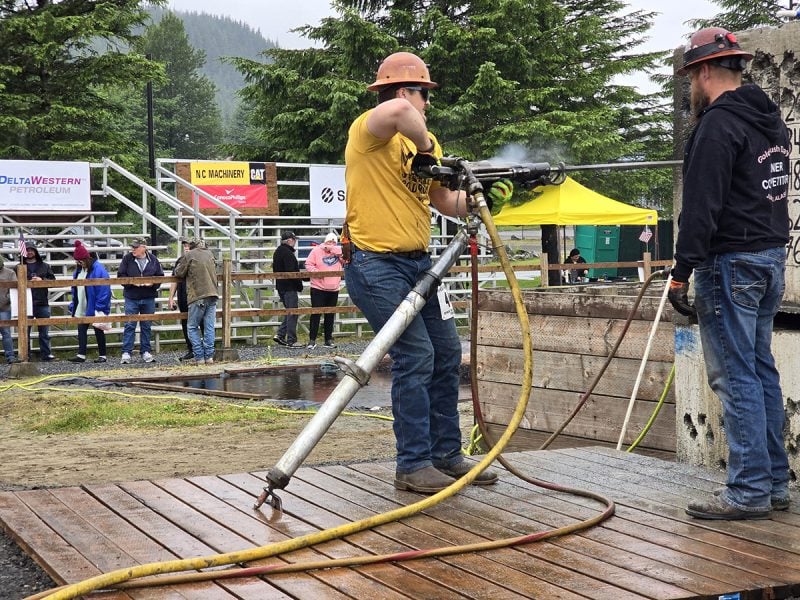
Q: What aspect of the internship did you find most rewarding or valuable?
A: Living on a man camp in Alaska meant I had zero summer expenses, which allowed me to save to pay for school.
Q: Did your experience change your perspective on the industry or your future career goals?
A: No.
Q: Did the internship help you identify any skills or knowledge areas you’d like to improve or develop further?
A: Better understanding of the shorthand for underground production operations. The language used to refer to fundamental ideas and objects wildly differed from anything I had experienced.
Q: What aspect of the internship did you find most rewarding or valuable?
A: Being able to present my weekly production schedule to the managers, superintendents, and contractors.
